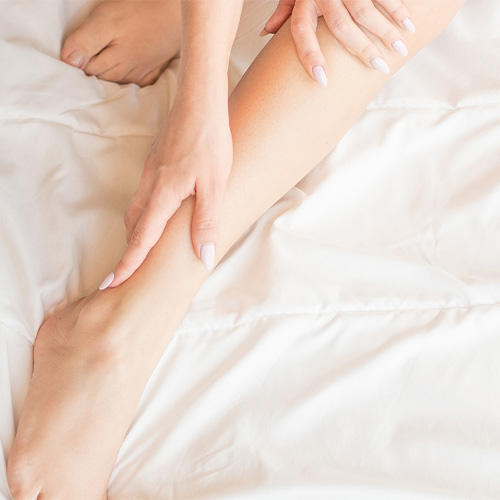Excessive hair growth is a frustrating condition that can affect both men and women. There are different types of Excessive Hair Growth, and the cause may be unknown or as a result of hormonal imbalances or genetic predisposition. Treating the condition can help to improve confidence and overall self-esteem.
Excessive Hair Growth is also called Hypertrichosis, or Hirsutism in women. Hirsutism is characterized as thick, dark hair that typically grows in masculine hair growth patterns, such as the lower face, chest, and back. It is most commonly caused by hormonal imbalances, including polycystic ovary syndrome (PCOS). Hypertrichosis can occur in men or women and can present anywhere on the body. Patients require a physician referral to see our dermatologist regarding excessive hair.

+ Excessive hair treatment with medication (referral required)
Excessive Hair Growth affects about 5-10% of women. It is more common in women with PCOS or adrenal gland disorders.
Excessive hair growth in women is typically due to an increase in androgen hormones, like testosterone. This can stem from conditions such as PCOS and adrenal gland disorders, or be a result of certain medications.
Yes, excessive hair growth can be treated. Treatment options include medications that reduce androgen production or suppress the adrenal glands, as well as hair removal methods, such as shaving, waxing, tweezing, and laser hair removal.
Preventing excessive hair growth depends on the underlying cause. If excessive hair growth is caused by a hormonal imbalance, such as PCOS, controlling the hormone imbalance with medications can help prevent further hair growth.
The condition is usually a sign of an underlying health problem, such as PCOS or an adrenal gland disorder. If you are experiencing excessive hair growth, it’s important to see a doctor to rule out any underlying conditions.
The condition may be a symptom of PCOS, which can affect fertility. However, excessive hair growth itself does not directly affect fertility.
Terms and conditions apply.
Follow our socials to stay up-to-date.